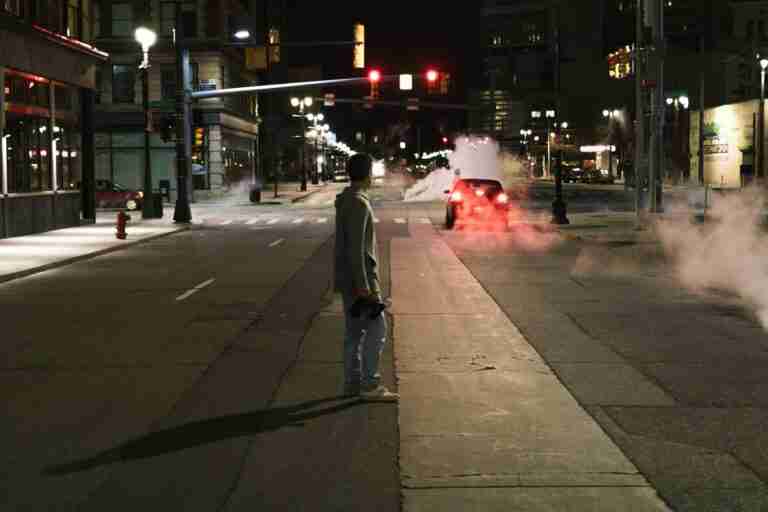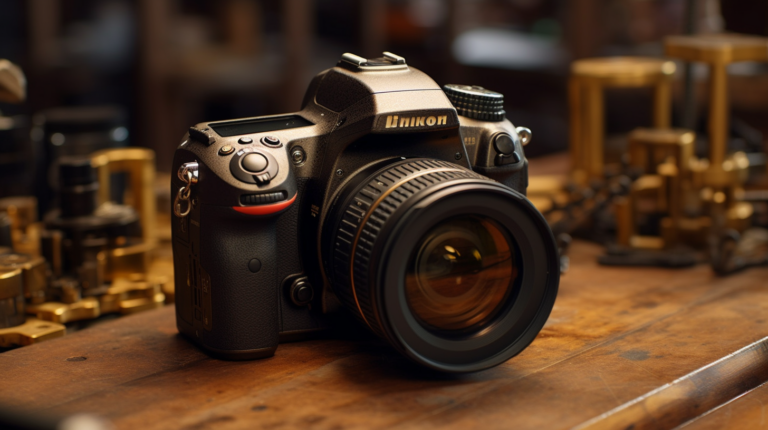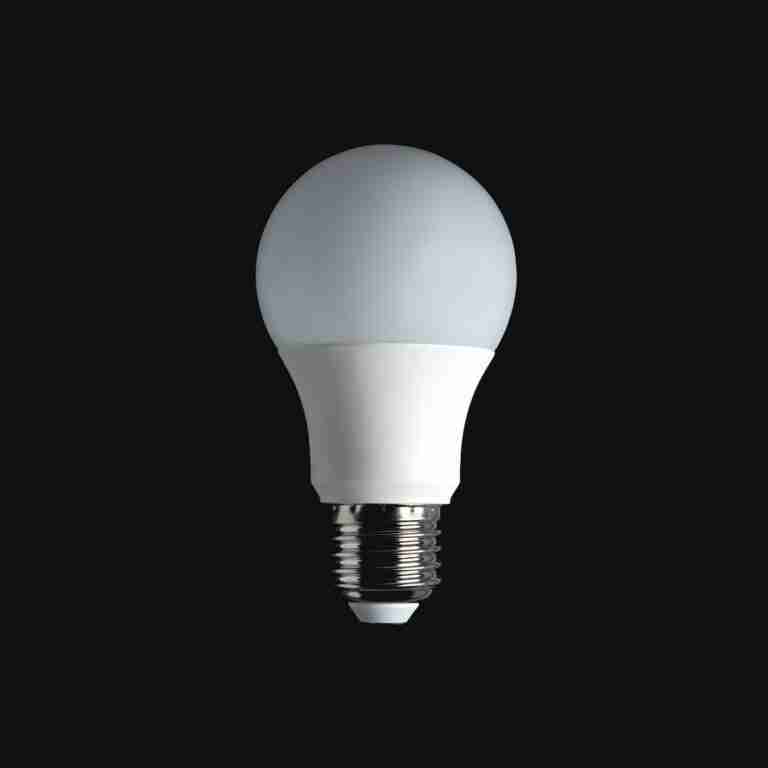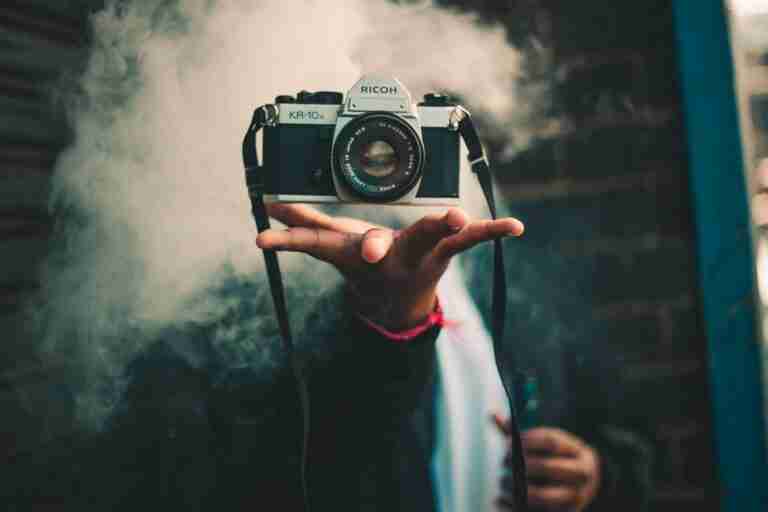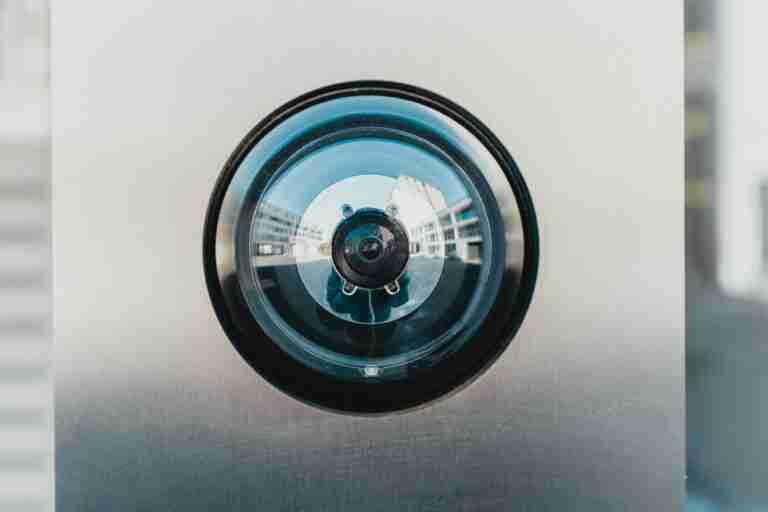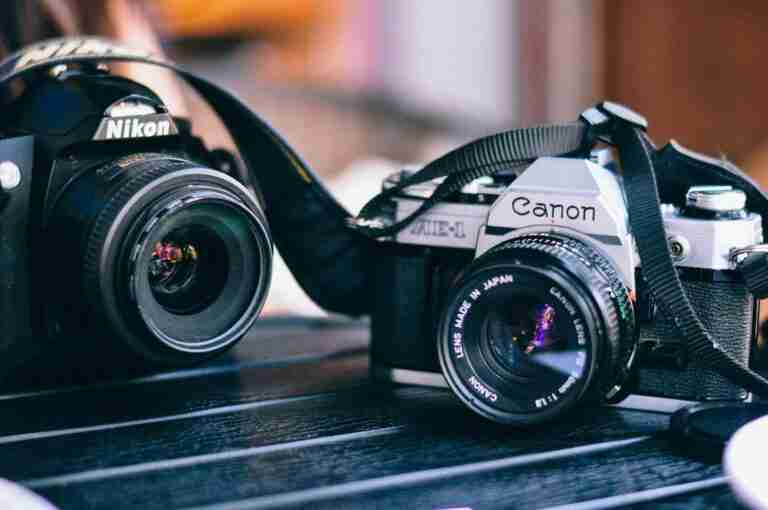Can Cameras Make You Look Fat?
Can cameras make you look fat? What’s the one thing you want to avoid in a portrait? Being fat. But what if I told you that the camera could make you look fatter than you are? The short answer is yes, it can.
There are three main types of camera distortion that can make you look bigger than you really are in photos: lens distortion, lighting and angle.
As a photographer or videographer who’s used a wide-angle lens at close distances to the subject (such as when filming yourself in the mirror), you’ve probably noticed that it distorts the shape of faces and bodies. The farther away from your subject your camera is set up to capture them, the less pronounced this phenomenon becomes; but if you’re shooting head-on with a wide angle lens at close range, expect some serious jowls or double chins!
Contents
The lens you use can make you look fat
A wide angle lens has a field of view that’s wider than normal, which means you’ll be able to capture more of the scene in front of you. A low f-stop refers to how much light gets into your camera. The lower the number (like 1.8 or 2), the more light gets in and the lower your ISO setting can be since there’s less need for it to compensate for darker conditions when shooting at night or indoors without flash (meaning less grain).
Finally, a wide aperture refers only to lenses that have an opening at both ends so they’re not entirely closed off like many other types of lenses are; these allow more light into them which also helps with getting good low-light images as well as creating shallow depth-of-field effects by having subjects appear out of focus while background objects remain sharp around them.
This is especially helpful if you ever want any part of yourself being photographed except maybe just one arm or something else small enough so that it doesn’t stand out too much against everything else going on around it!
Lighting is important for avoiding looking fat in pictures.
- Use natural light. If you’re taking a photo outside, the sun is a great source of lighting. To prevent shadows from making you look fat, try to take photos during the time of day when there’s no harsh sunlight (i.e., avoid the middle of the day).
- Use reflectors to bounce light back onto your face. If you’re taking photos indoors, a reflector can help brighten up your face by reflecting some sunlight into it and away from areas that might otherwise be dark or shadowy (such as under your chin or at the sides of your face).
- Use flash for indoor photos instead of relying on artificial or incandescent lights only; this will illuminate all parts of your body equally without causing harsh shadows or creating unflattering highlights elsewhere on your body (such as around folds in clothing).
- Try using strobes—which are similar to flashes but stronger—to even out skin tone without washing out colors in clothing or background objects too much; they also come with adjustable settings so they don’t have to be used at full power all the time!
Posture and angle are crucial for not looking fat in pictures.
If you don’t want to look fat in your photos, remember that posture and angle are crucial. If your camera is too high up and angled downwards (as with a phone), it will make any part of you appear larger than usual. To avoid this, hold your phone low or use a tripod or selfie stick to get the right angle.
If you’re taking pictures with a friend’s DSLR (or something similar), consider using a wide-angle lens instead of taking close-ups of certain parts of yourself—a wider lens will distort things less. Lastly, don’t slouch! A good rule is to stand tall as if someone were going to call out “cheese” at any moment; keeping good posture can make all the difference when it comes to looking thin in photos.
Using Wide Angle Lens!
The length of your arms and legs will also be distorted. It’s a common occurrence when using a wide-angle lens, which is the type you’d use if you want to capture an entire room or landscape in one shot. If this happens, your head may appear smaller than normal.
In addition to the angles and distances at which we perceive ourselves, our brain also plays a role in how we perceive ourselves in photographs. When we look at our reflection in a mirror or photograph of ourselves, our brains automatically compare these images with what we remember looking like from previous photos taken over time.
Since most of us don’t get out much anymore (thanks Instagram), it makes sense that the number on the scale would go up over time as well! In fact, studies have shown that when people take more images of themselves over time they tend to rate themselves as fatter than someone who doesn’t do so often; even if those same individuals had no change whatsoever physically during that same period!
Final Thoughts On Can Cameras Make You Look Fat?
Cameras are great for taking pictures, but they can also be your worst enemy if you’re trying to look your best. It’s important to know what factors in the camera itself can make you look fat or make other people think that you’re fat when they see pictures of yourself taken with it. Hopefully this article has helped give you some insight into how cameras work and how they affect our appearance!
- What Cameras Can You Use on PS5? A Compatibility Guide in 2024 - January 14, 2024
- What Cameras Support Windows Hello? A Guide to Compatible Devices - January 13, 2024
- 11 Best Cameras For Security With Night Vision In 2024 - August 9, 2023


